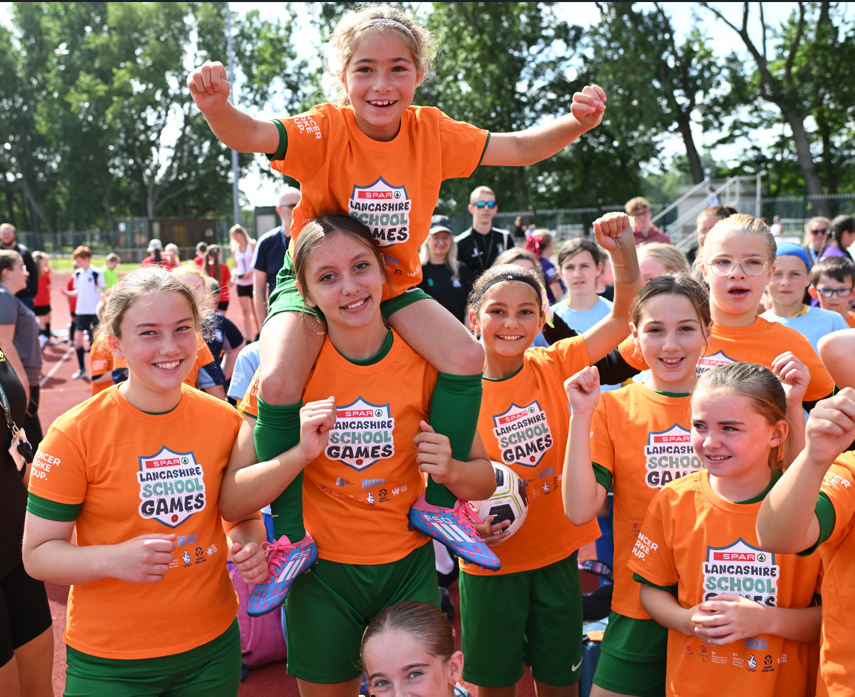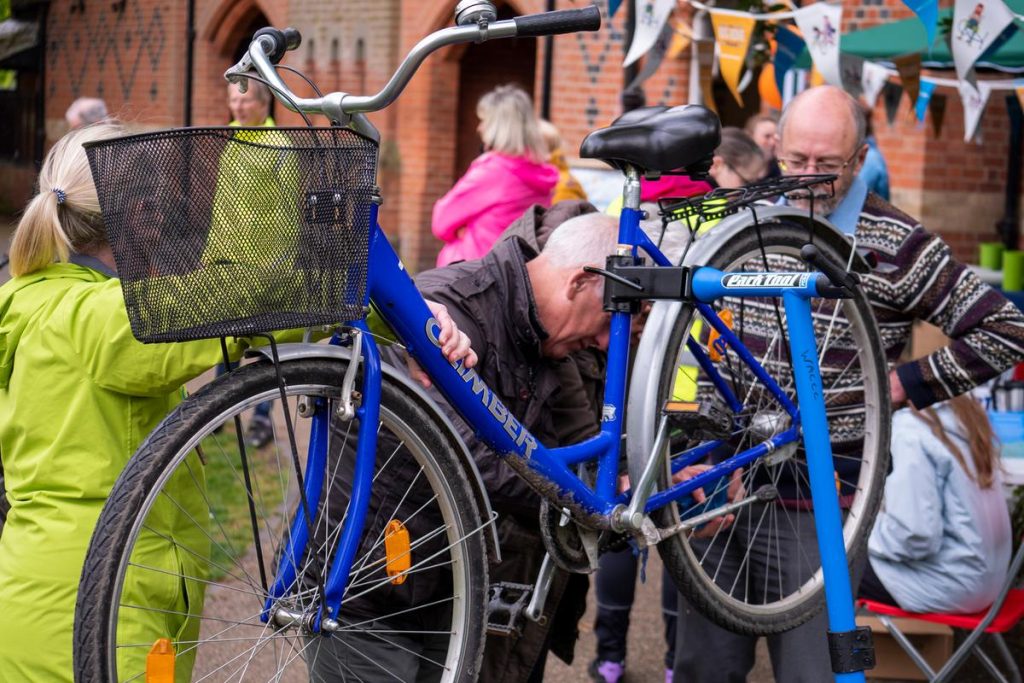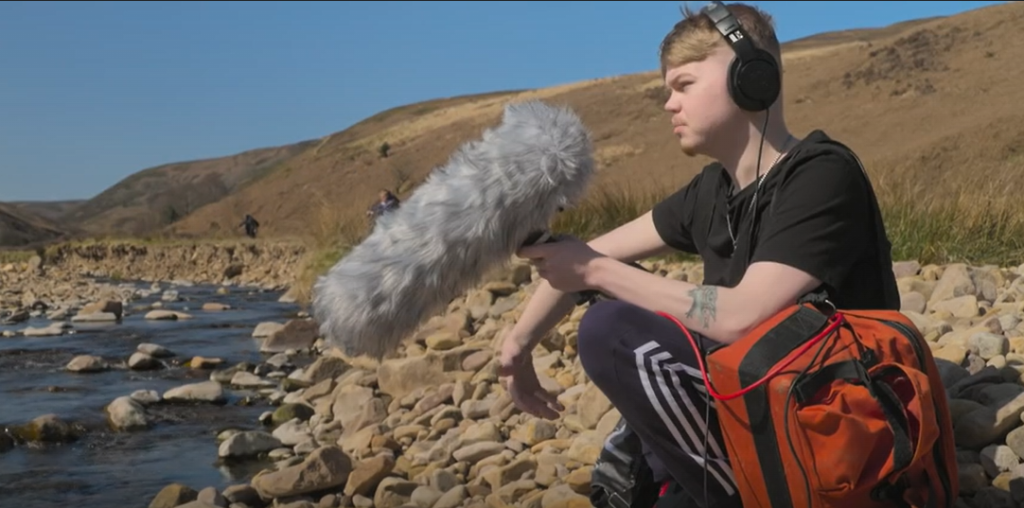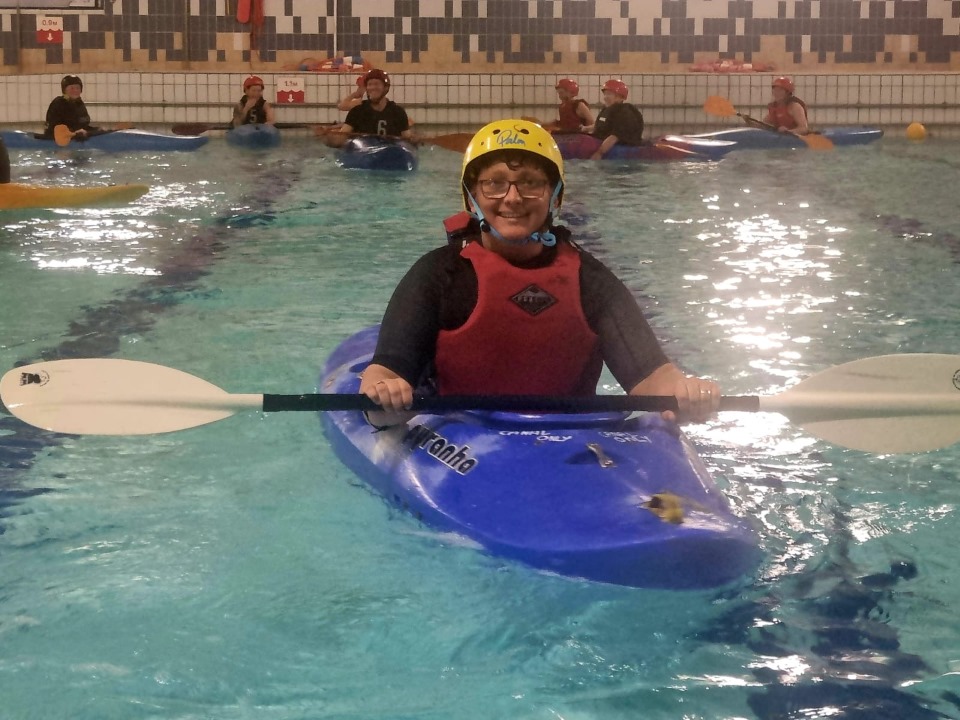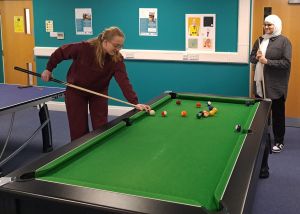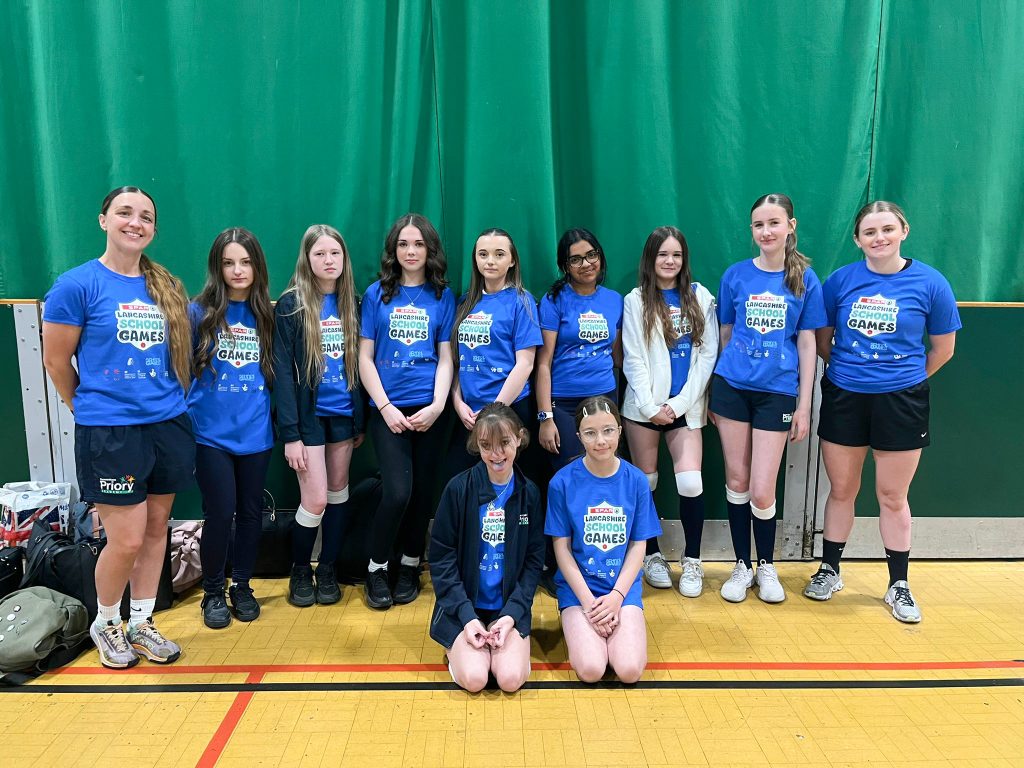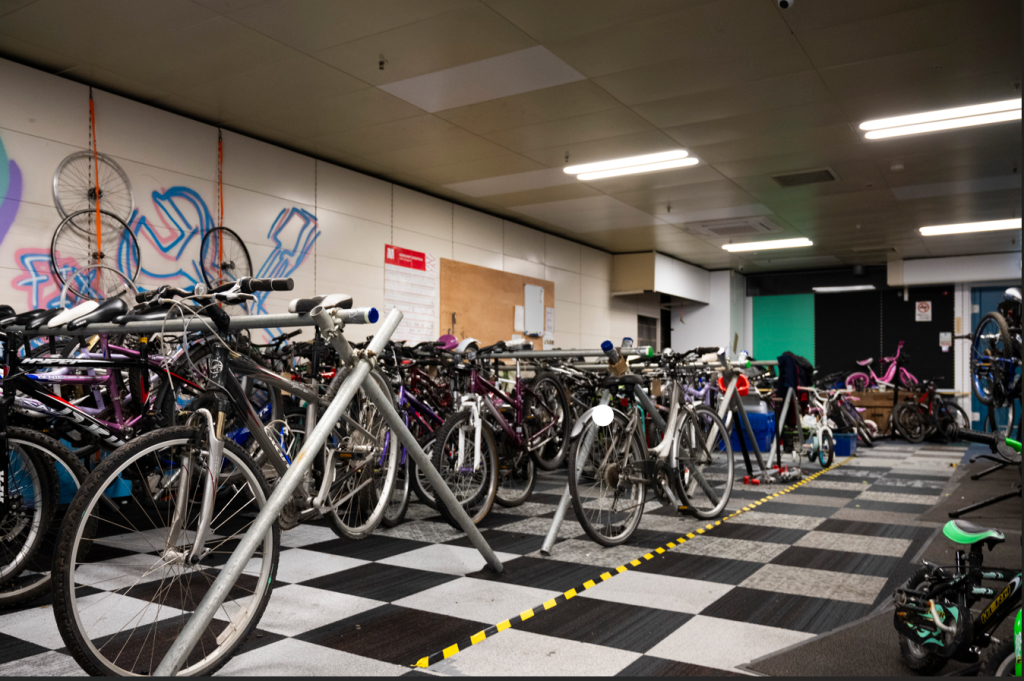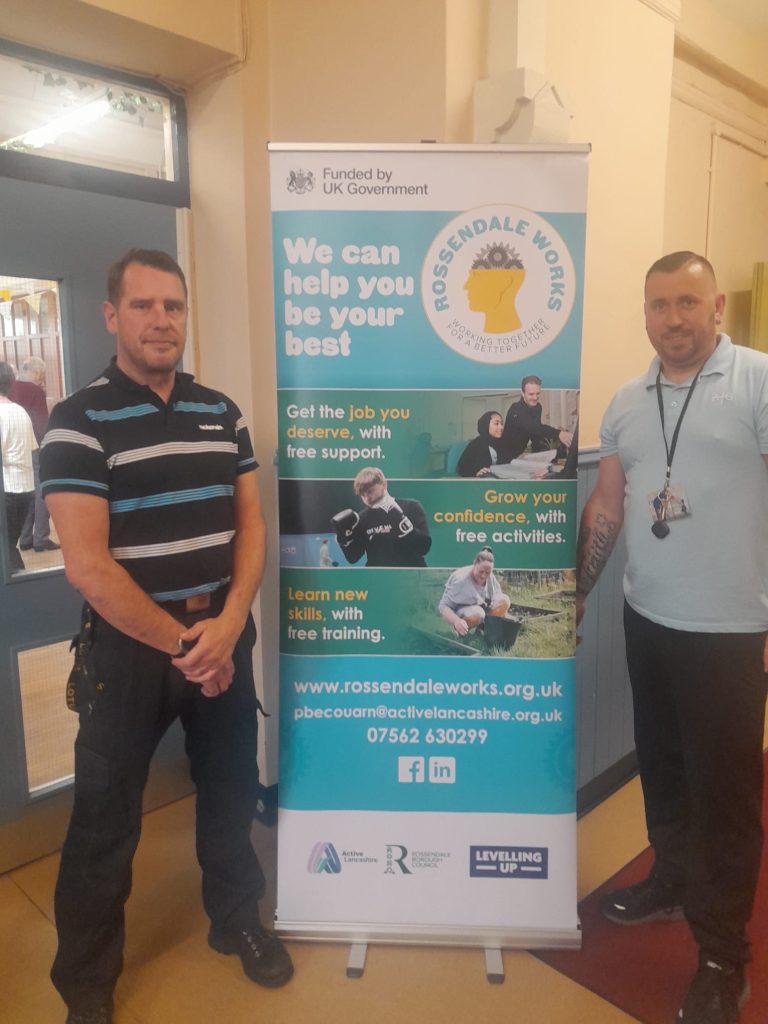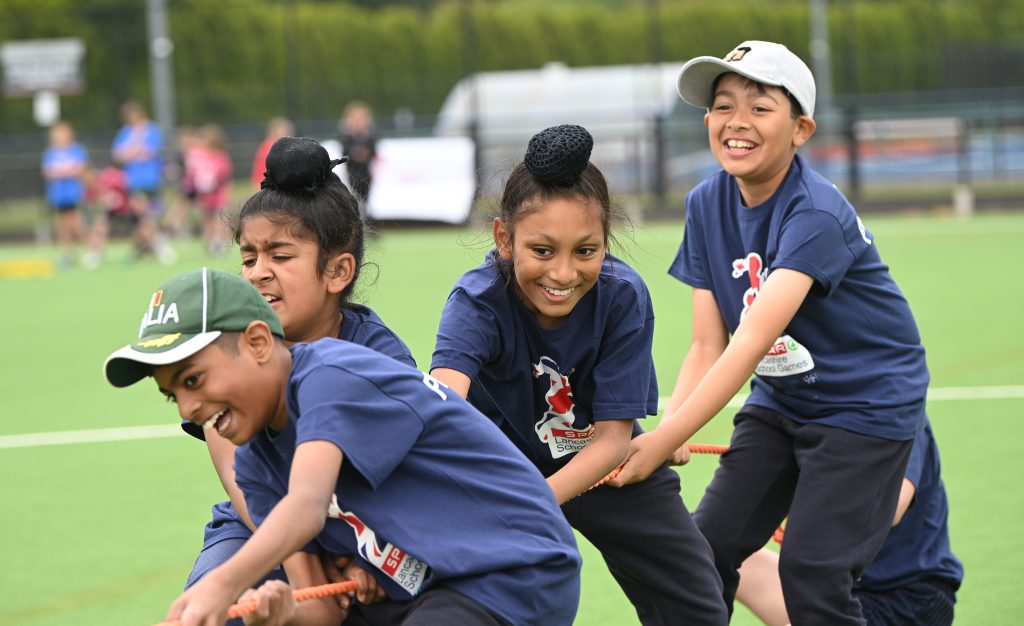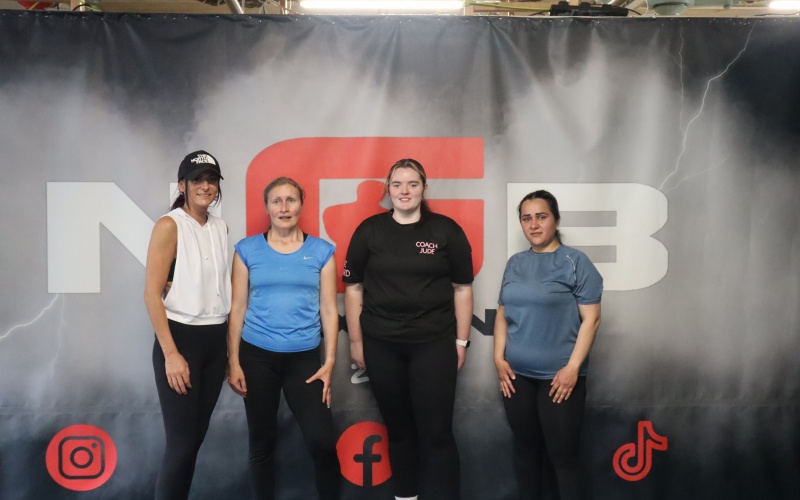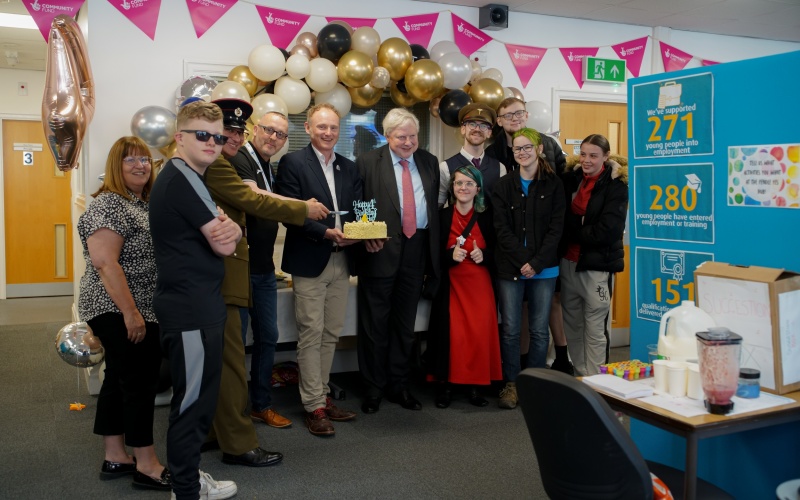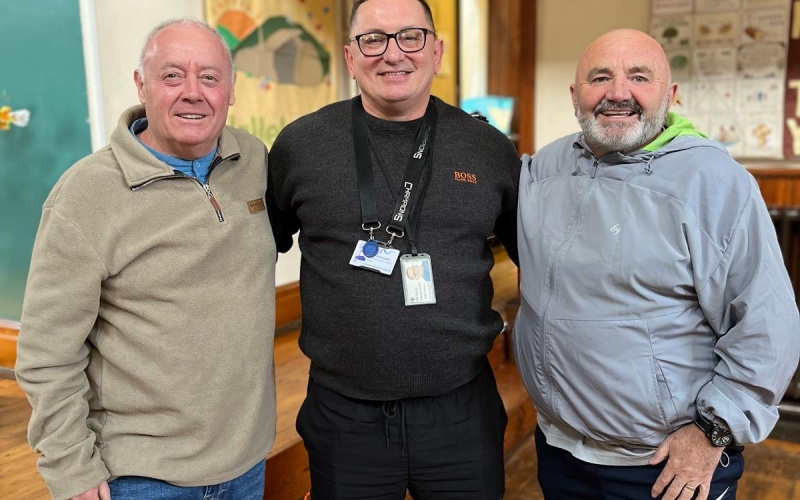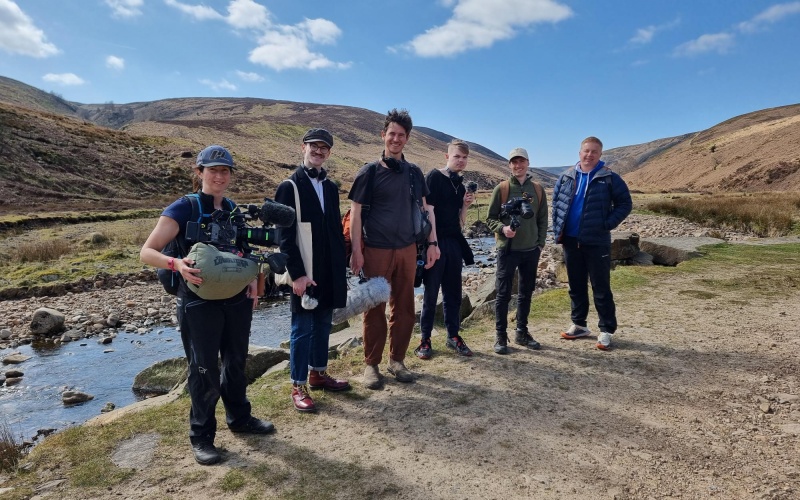Media Centre
Active Lancashire > Media Centre

-
Still a great place with hard working staff to get the inactive active.

Kristy Telford
June 11, 2024Excellent

James Rasmussen
June 11, 2022Great people willing to engage sport for all

Marcus Baudet
June 11, 2017 -
Great place

Tamasin Lamb
June 11, 2019
Active Lancashire Limited is a Company Limited by Guarantee Registered in England and Wales Company No: 06859894 and Registered Charity no. 1159832.
Our Location
- Office 3-4,
- Farington House,
- Lancashire Business Park,
- Leyland,
- Lancashire,
- PR26 6TW

